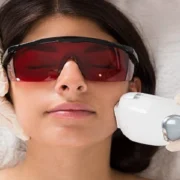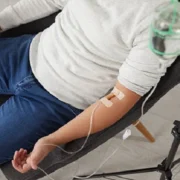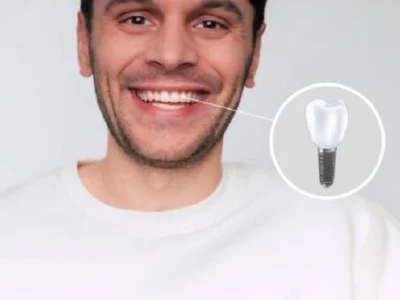How can occupational therapists maintain thorough documentation without sacrificing the quality of care? What role does advanced technology play in minimising administrative burdens for healthcare professionals? Let’s explore how AI-powered notes can reshape the workflow of occupational therapists, streamlining documentation and freeing up more time for direct care.
Revolutionising Documentation with AI Solutions
Artificial intelligence has redefined how occupational professionals handle daily documentation tasks. In the past, they spent much time recording treatment plans and session details and tracking progress. With AI notes for occupational therapists, much of this manual work is streamlined. These advanced tools capture data in real-time and organise it quickly.
By integrating technology, occupational professionals can document their work more swiftly and with improved precision. This innovation not only reduces the time spent on paperwork but also allows practitioners to concentrate more on client interaction, leading to better therapeutic outcomes.
Instant Data Input for Immediate Action
One of the biggest advantages of AI-driven note-taking systems is the ability to record information instantly. During therapy sessions, vital details are captured as they happen. The software processes this data immediately, drafting structured documentation within seconds. This eliminates the need for post-session recording, reducing the risk of missing key information.
With immediate access to client data, clinicians can review information in real-time and make necessary adjustments to treatment plans on the spot. This ensures that care remains timely and responsive to evolving needs.
AI Insights for Personalised Treatment
Technology does more than just assist with documentation; it provides valuable insights that support more personalised patient care. By analysing client progress, AI-generated notes help occupational professionals modify treatment strategies based on clear data trends. This makes care more efficient and tailored to each individual.
For example, artificial intelligence can highlight areas where a person may need extra attention or suggest treatments that have proven successful. Professionals can refine their approach with this feedback, ensuring each session delivers the best possible results.
Facilitating Multidisciplinary Collaboration
Collaboration is vital in healthcare, especially when clients receive care from multiple specialists. Occupational professionals often work alongside physiotherapists, speech therapists, and doctors. AI-enhanced notes simplify this process by offering a standardised format for documenting care, ensuring smooth communication among various providers.
The entire care team remains informed about progress with easy access to comprehensive reports. This allows all parties to collaborate more effectively, promoting continuity of care and fostering a more integrated approach to health services.
Automating Repetitive Tasks with AI
Routine procedures can be automated to save time and guarantee consistent and accurate gathering of important data. With AI tools streamlining documentation, clinicians can rely on advanced features to improve workflow efficiency.
Key capabilities include:
- Auto-fill for recurring details
- Custom templates for specific therapy types
- Automated reminders for follow-ups and reassessments
- Summaries generated from session records for easy sharing
- Progress tracking with minimal input
By automating these routine tasks, occupational professionals can focus on what’s most important, providing direct care and improving outcomes.
Boosting Accuracy and Reducing Errors
Precise records are crucial for ensuring high-quality service. AI-driven note-taking tools significantly reduce the likelihood of errors that often occur with manual data entry. The software ensures that each detail is captured and logically organised, enhancing the accuracy of information while minimising the risk of miscommunication.
Additionally, these intelligent systems can flag inconsistencies or missing data, helping professionals address potential issues right away. With fewer documentation errors, clinicians can make well-informed decisions. The reliability of these records also ensures that other healthcare providers using the same data have complete and consistent information, improving overall care coordination.
Customisable Documentation for Specialised Care
Occupational therapy spans various specialised areas, from pediatric care to neurological rehabilitation. AI-powered note-taking platforms offer customisable templates that suit the specific needs of each area. This flexibility guarantees that documentation is relevant to the unique requirements of different populations, ensuring that care is personalised to individual needs.
Whether professionals need to document developmental milestones in children or track recovery in individuals with brain injuries, these systems can adapt to any workflow. By allowing templates to be adjusted for specific therapeutic goals, the software not only saves time but also ensures that essential information is recorded in a format that meets each speciality’s requirements.
AI notes for occupational therapists are transforming how clinical documentation is handled, enabling more efficient, accurate, and personalised care. By automating repetitive tasks, offering real-time insights, and enhancing multidisciplinary collaboration, these tools empower occupational professionals to focus on what truly matters, helping clients achieve their therapeutic goals. With advanced AI-driven software, occupational therapists can confidently manage their documentation while delivering better, more focused care.
Caring Touch Home Health Makes a Difference in Patients’ Lives










Comments